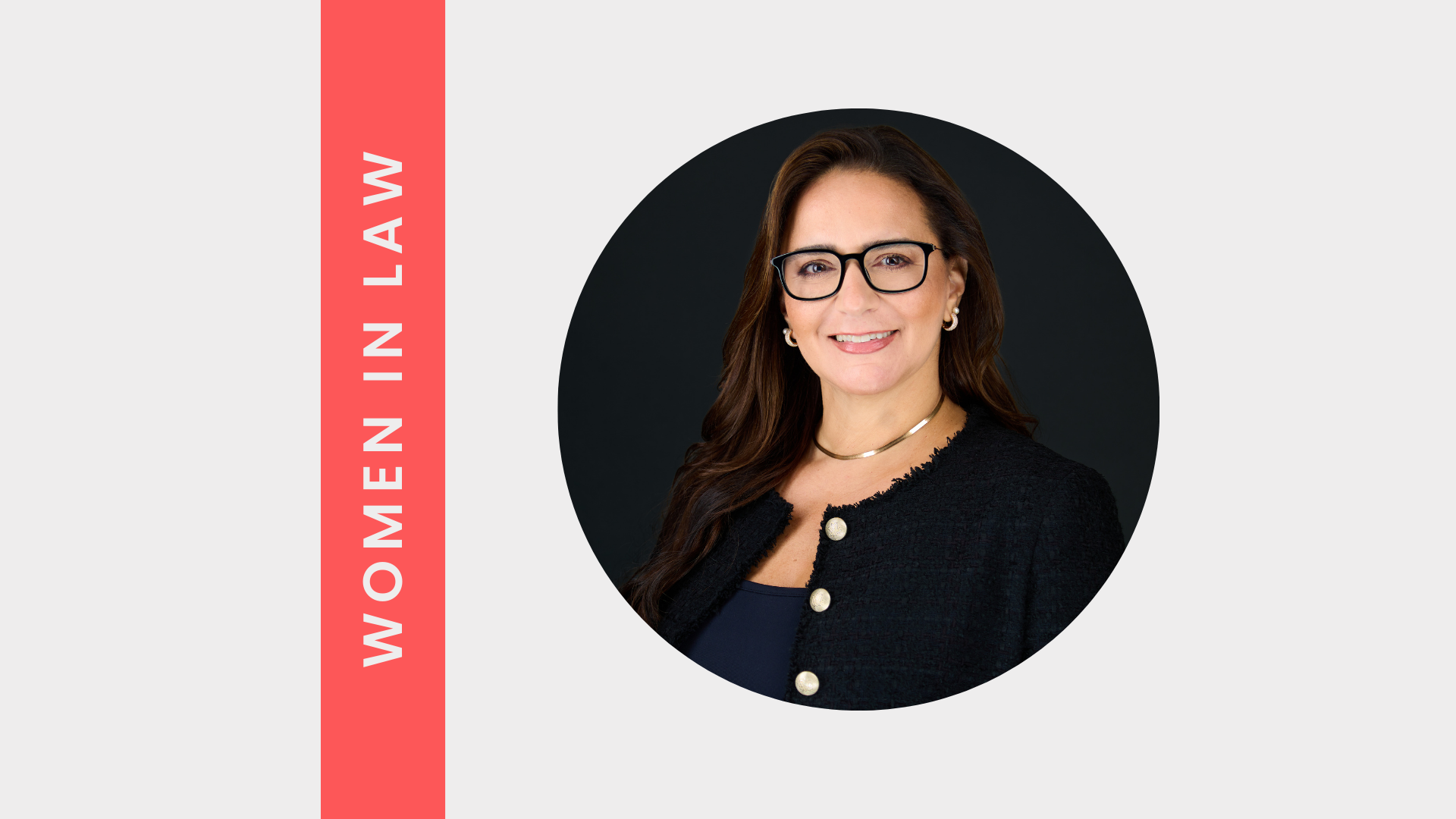Inspiring Business Women: Dipika Sawhney
Dipika is an experienced sales and business development general manager with a track record of delivering growth in the e-commerce and high growth technology industry. She is recognised as a top tech women leader in the UK and was also recognized amongst the Top 5 Tech female superstars at Amazon in 2019.
Can you tell us about your career progression to date?
I love learning and I have studied Engineering as I was always interested in data and computers, but I soon realised that I enjoyed business development and connecting the dots on how tech can empower businesses, so completed an MBA from Cambridge University. I started my career building new businesses, working in the tech start-up scene in London for nearly five years, where I built two start-ups, one of which became very successful. These experiences helped me build my entrepreneurial skills, such as resilience, critical thinking, and an attitude to get things done, skills that are valued in the corporate world. What better place to later use them than at Amazon, which values creativity and talent to build some of the world’s fast-growing businesses? At Amazon, I lead the creation of two new businesses from scratch, one in retail, where I built one of their fastest-growing businesses, and the second in advertising, where I led a Europe-wide team helping to find ways to engage the small and medium-sized advertisers at scale. Having built great programs, teams, and memories at Amazon, I have now chosen to joinSalesforce, where my role is to look into how we can really enable and empower the high-tech industry and help it unlock its full potential.
Can you tell us what prompted you to move from Amazon to Salesforce?
Amazon is a great organisation and I have grown so much professionally and personally over the years working with some of the most intelligent, customer-obsessed and decisive colleagues there is something that I value and cherish forever. Having said that, when Salesforce approached me for this role, the possibilities and potential of how we can deliver transformation, driving change for one of the fastest-growing tech businesses, I was in a dilemma as I was not sure if I really wanted to leave Amazon. The Salesforce method of engaging with me, however, as a potential candidate for a newly created role was outstanding. A series of friendly chats and some honest two-way conversations with Salesforce leadership is how I would describe the interview process and that is what really helped the role come to ‘life’ for me. Watching how Salesforce, as a bold and super-fast growing company, is perfecting its act of being ‘employee experience’ centric as well as walking-the-talk when it comes to its values on trust and innovation whilst creating my role and giving me resources and freedom to help further strengthen its customer centricity and customer satisfaction is super exciting. Nearly one month into the role, the weekly all-hands calls where Marc Benioff takes on some very tough questions and discusses the company's vision is a good example of how open the leadership is. As I ramp up on my role as a “ Customer Transformation” leader for the UK Hi-tech industry, watching how invested and committed Salesforce is the way it perceives its future as a transformation partner to its technology clients is very exciting and makes me confident about the future.
What are some of the key moments that have helped or hindered you from getting to where you are now?
The thing that helped me early on was understanding how technology works and this is something I really encourage everyone to try. Learning to connect the dots between technology and business and working backwards from understanding customer needs helps me build sustainable, helpful solutions. Finding out what I am good at and then most importantly finding out what I enjoy most was important too and really helped me progress my career by doing things that keep me energized. Another thing that helped was working in very fast-moving businesses and start-ups early in my career, which taught me the importance of not being afraid to take risks or jump on an opportunity to do something that you might think is out of your league. In terms of what has hindered me, I wouldn't say this necessarily hindered my career, but I learned a lot from when one of my tech start-ups failed. I had just come from a very successful one and I learned that while successes feel good, failure is a good teacher. In this case, I learned that my business plan needs to be robust, and my due diligence needs to be just as good every time I do something new. Failing that time early in my career taught me so much and learning to embrace and learn from mistakes is an integral part of my life and I now rather enjoy speaking openly about my self-critical, rational outlook towards all business decisions.
Can you tell us about the biggest legacy that you've left in a previous role?
The biggest legacy I have created in a previous role was working backwards from the customer, which started with Amazon advertising. Being able to work closely to understand customer needs makes all the difference, and while we all look after our larger clients first, I built systems and tools to help us listen to the voice of the customer more closely. This enabled us to offer support and a higher level of service to the smaller customer and measure our success in doing that, which the teams there are still doing, so I think that's my biggest legacy so far.
How do you maintain a good work/life balance?
A good work/life balance is about a few different things. I did struggle early in my career with long, demanding work hours and in fact, was the only woman who turned up to do her MBA at Cambridge with two little toddlers in tow! I've had to learn to build mechanisms that help me do the best I can, and those include accepting that you can't have everything. I have learned to forgive myself easily and it’s absolutely OK if I miss a school event occasionally, have a messy house or if I can't make it to a work drinks evening on a Thursday night. You need to find out what works best for you and don't always try to be the perfect woman. Secondly, it's important to have a strong support network. They say it takes a village to raise a child, and I have built and continue to build a network around me that can help - whether that's other mums with whom you share childcare hours or a play-date rota or paid childcare help. My priority right now is to focus on my children and my work and that does not really allow time for me to read or travel as much as I would like to and that is something I have learned to accept. There’s no secret answer to a good balance, but putting things in place that work for you, is crucial.
What are your thoughts on gender diversity in Technology?
I think we need to do much more, and not just for gender diversity, but diversity in general, whether that is gender, sexual orientation, nationality, or just different viewpoints and personalities. Gender diversity is a great place to start because it is the right thing to do, morally as a business and also because most studies show how a diverse workplace is more effective and provides more innovative and creative solutions. In order to achieve gender diversity, we need to go into schools and show young girls genuine role models in tech and what the jobs are that they do - it's not all about coding, there are dozens of roles and opportunities that girls need to know about in the Tech space. Secondly, as corporates, we need to retrain ourselves to be more sensitive when it comes to its women employees, whether that's supporting women coming back from maternity or career breaks or having inclusive social events with children, we need to attract that talent into the space and then support, promote and celebrate their contributions to retain them.
Are there any initiatives that you support personally?
At Amazon, I was working on a not-for-profit philanthropy program and was very involved with STEM education which was kindly well-funded with resources and grants from the Amazon leadership team. I was also the London office charity leader, working to ensure that we were supporting the right charities that were already doing excellent work around us. Although I am very new at Salesforce, I am already excited to see the passion my colleagues have to support the not-for-profits space and look forward to helping harness Salesforce power for good.
What advice would you give to get young women into Technology?
A survey found that only 3% of British female high school students would choose the Technology sector as a career choice and only 7% of students currently taking Computer Science at A-level are female. If we want to get more girls into technology, we need to first showcase and, as I mentioned above, build more role models, early interventions, awards, and work-experience programs early in schools. Roles in technology firms can vary from developers and solution architects to testers and business developers and we value various kinds of talents and expertise. The important thing is to learn more about technology and how can you contribute/benefit from it to pursue your passion. Next, we should encourage young women to build up a network around them if they can. There are plenty of women out there who will be happy to support you, as a mentor or a coach, so don't be afraid to reach out to them and start building a network. I personally have mentors and mentees and I'm happy to connect with young people if they want advice on finding a job or learning. Thirdly, there are women's forums and supportive groups, like Women in Tech, who are very inclusive and are always happy to answer questions.
What piece of advice would you give a younger version of yourself?
Be less hard on yourself. To be successful in your career, remember it's a marathon, not a sprint, so you don't have to do everything this month, or even this year. Concentrate on making the decisions that make a long-term impact versus focusing on winning it all during the short term and please always make time to enjoy the journey.
Our latest insights







